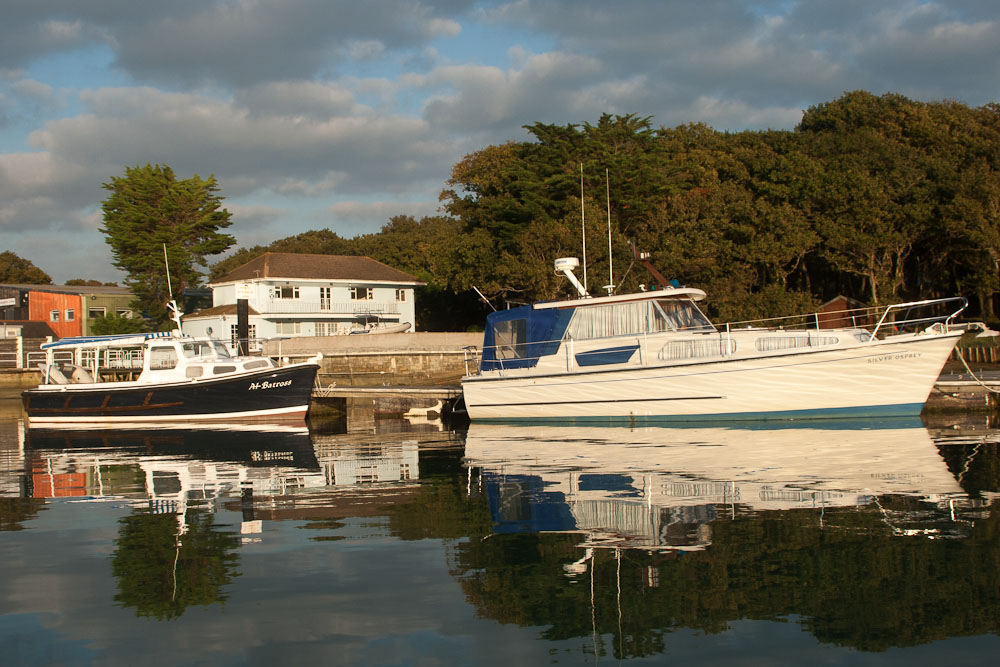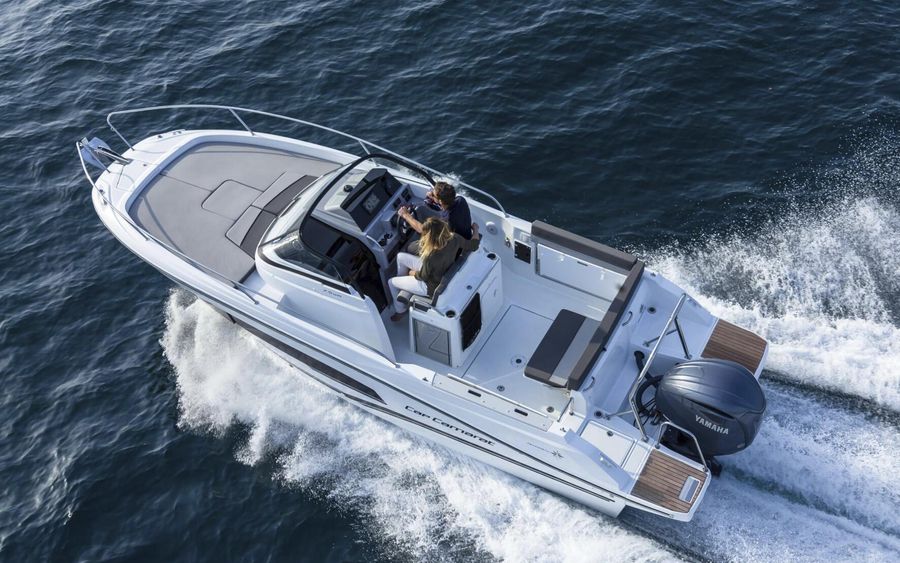There’s little in the world more idyllic than sailing across a sun-kissed, deep blue sea. When it starts to look like it’s within our grasp it’s difficult to contain the excitement and we spend hours upon hours daydreaming about where we’ll go and what we’ll see. You might even look at ways to make a return on your investment, whether it’s deep-sea fishing, wildlife tours or entering into racing competitions.
However, one thing you may easily overlook when formulating these wonderful ideas is one of the most important: Boat insurance. Yes, even this most worthy of dreams has a practical side. Should you ignore the practical side the dream may even become a nightmare.
Naturally, you’ll want to find the best boat for your money, and you might be tempted to skimp on insurance in order to find your dream vessel. But it’s wise to factor in some practicalities about insurance before you launch. Here are a few things to consider when choosing your insurance policy.
The boat
Insurers will need accurate, comprehensive information about the history of the boat before you launch, so even if you were looking for the cheapest deal, you might be in for a nasty shock when the policy is produced. So it’s a good idea to consider these factors before you even buy.
First and foremost, insurers will consider the size and speed of the boat. A sailboat of up to 20 feet is not going to do quite as much damage as a superyacht and is likely to be less costly to fix. It’s only natural in this case they’ll keep your premiums low. In addition, a larger vessel or those with a high-speed engine will need more maintenance and repairs should something unfortunate happen.
Talking of maintenance, the age of the boat is also a consideration. Even the most robust of vessels will begin to have trouble after years of use, regardless of how well maintained they are. And of course, souped-up new boats will have more advanced parts than older ones and thus be more costly to ensure. This means that insurers will have to strike a fine balance between these elements to give you a fair insurance quote on your boat.
The owner
“An insurance policy is often very much based on the person requesting it,” says Christopher B. Roberson, financial blogger at Researchpapersuk and Last Minute Writing, “Insurers are often informed by statistics by demographic, but demonstrating responsibility can also have a bearing on your policy.”
So much can happen at sea in a short period, which requires a clear, responsible captain to take charge. If you can show an insurance company a long list of safety certifications, they’re likely to consider your policy as a safe bet. Conversely, if you’re a fly-by-the-seat of your pants boy racer with very little respect for safety, they’re likely to give you high premiums, as the chances are that they’ll be paying out sooner than they’d like.
You should also consider how safe the boat is. Showing that you mean to take good care of your boat gives the impression that an insurance policy for you is a good investment.
How it will be used
Before buying a vessel, you should’ve considered carefully how you’ll use it. Many owners will want to use it as often as they can, but when the winter rolls in, the dream of clear skies and calm seas have seafarers mooring up until the next summer.
Insurers recognise this, and most standard policies will include suspension of coverage over the winter months. However, you may be determined or even reliant on your ability to use the boat even in the grimmest of weathers. You can seek to extend your insurance, but be aware that insurance policies go up during bad weather.
Another consideration is the areas where you intend to travel. “Many insurers will alter their policies significantly depending on where your travel. Add to this any other dangerous factors (such political or territorial conflict), and you may be looking at some very high premiums indeed”, explains Sena T. Rutland, insurance expert at Draftbeyond and Writinity.
The policy
It’s worth bearing in mind that some home or vehicle insurers will offer cross-sell discounts if you buy your insurance with them. This is also quite useful if you plan on either hitching your boat to your automobile or have it stored at your house. You’ll actually find in these cases that you either your home insurance or your auto insurance will cover the boat.
But also remember that vessels begin to devalue every time they’re used, so whilst you might start with a good policy, you’ll soon need to update it depending on market value.
To summarise, it’s wise to shop around for a policy that is as specific to your vessel as can be.
Charles Phan writes and proofreads content for Gum Essays and Lucky Assignments. Following his graduation in with a degree in marketing, he has written for various websites on a host of subjects such as business strategy and entrepreneurship.


